As reported by Finnish Environment Institute
One of the main tasks of the project is to find pollutants in river water and recognise their sources. In this work are used water samples and mosses that collect heavy metals. Originally was planned to use fish samples, but quite soon was realised, that it is much easier to find moss than fish enough. First sampling round started on late May checking, that there is moss in the places were we excepted.
Collecting samples takes many trips to the rivers. First we were on Sukkulanjoki to collect moss, which was put in the collectors and then transported to Koitajoki and Tohmajoki. In this step we took samples of moss and analysed their heavy metal level. When we know the starting level, it is possible to analyse, how much they have collected polluting metals from the target river. We have two sampling point in Tohmajoki and one in the Ylä-Koitajoki (upstream of the river) and one in the Ala-Koitajoki (downstream of the river). And to every point requires one trip to take water samples and at the same time to bring moss-collectors to the river to collect heavy metals. And after two weeks putting moss-collectors into the river, they have to take away for analyses. But now it is done. And if we are honest, we have to say, that during this covid-10 isolation, working place can't be better.
Some pictures from first sampling round
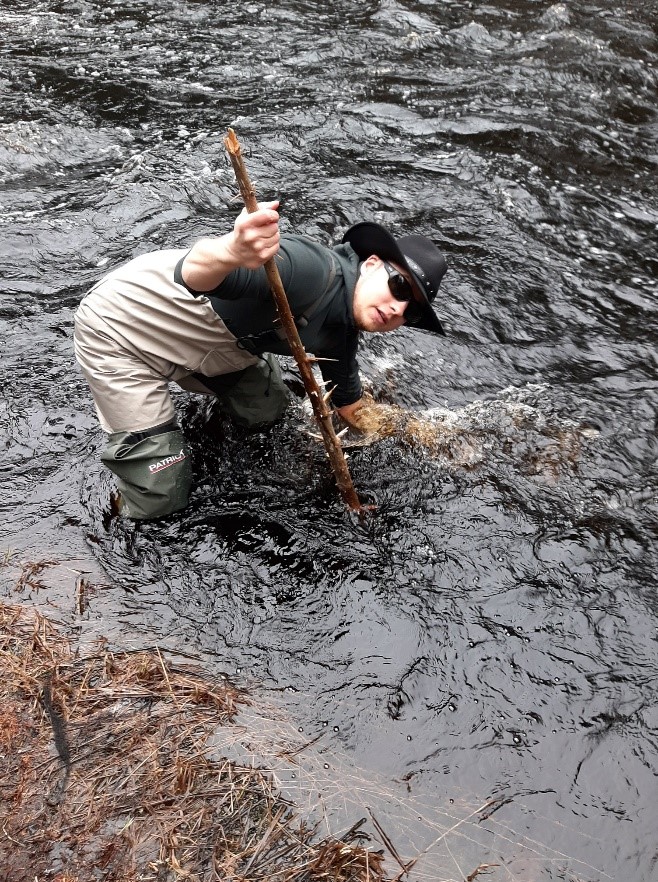
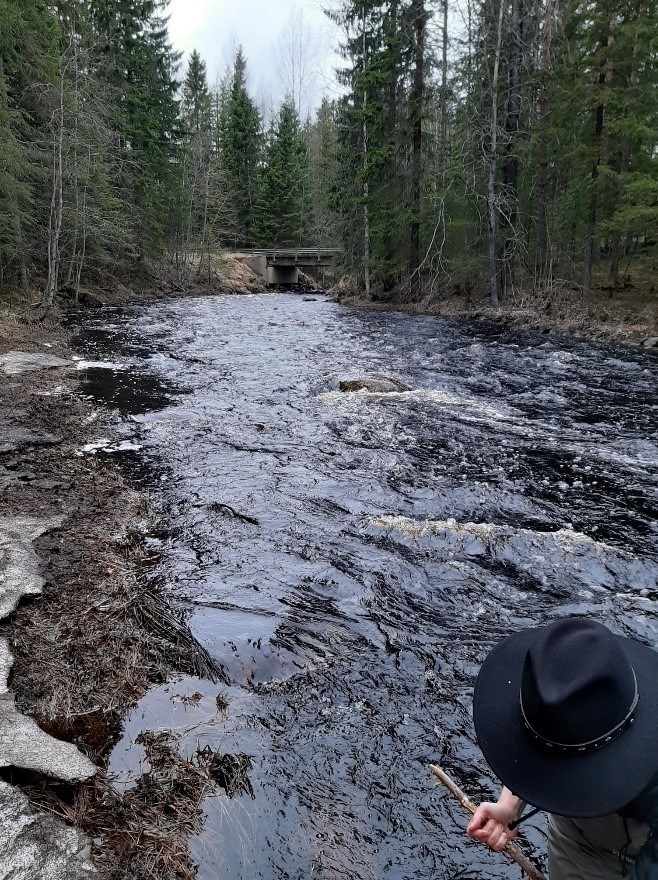
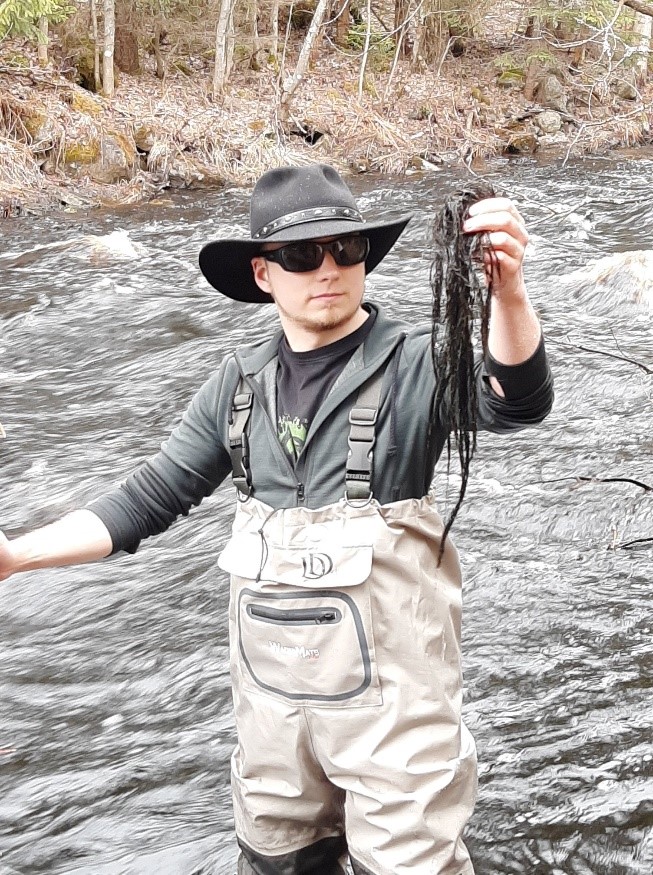
If there is not suitable moss in the target river, it has to collect from other river and then move with collectors to target river. Hence fist task was to find moss, and we did it.
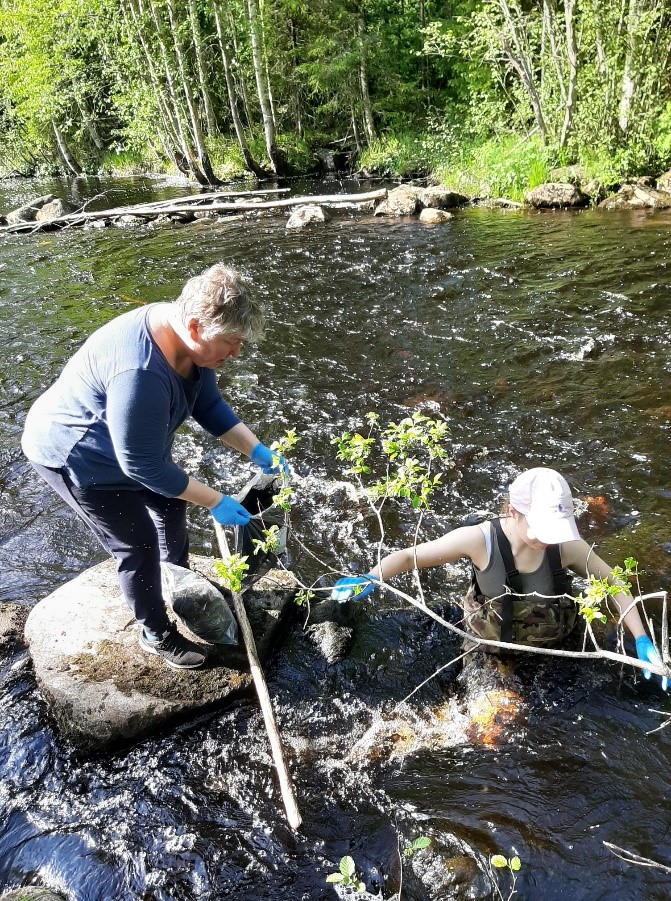
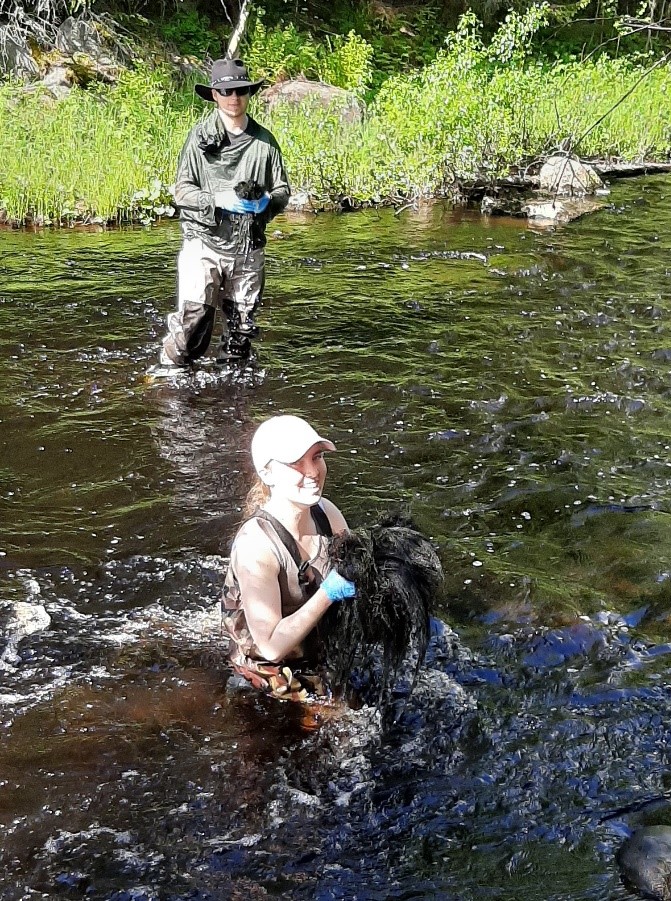
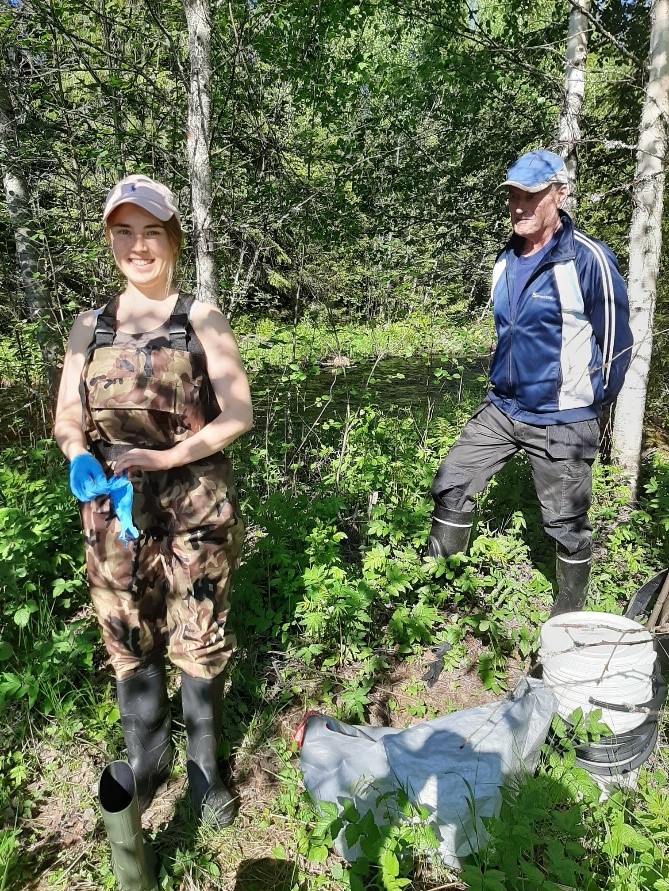
Collecting moss from a strongly flowing river is teamwork for safety's sake - and it is always important to remember contacts with locals. It is best PR-work!
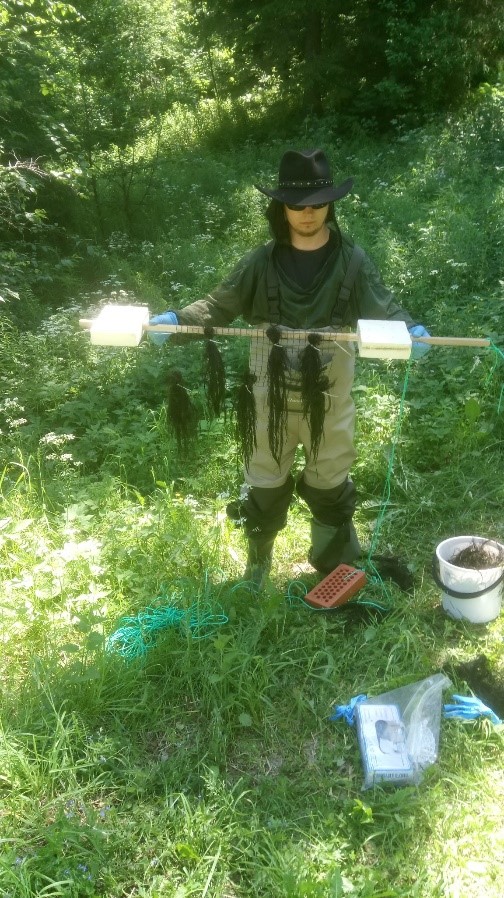
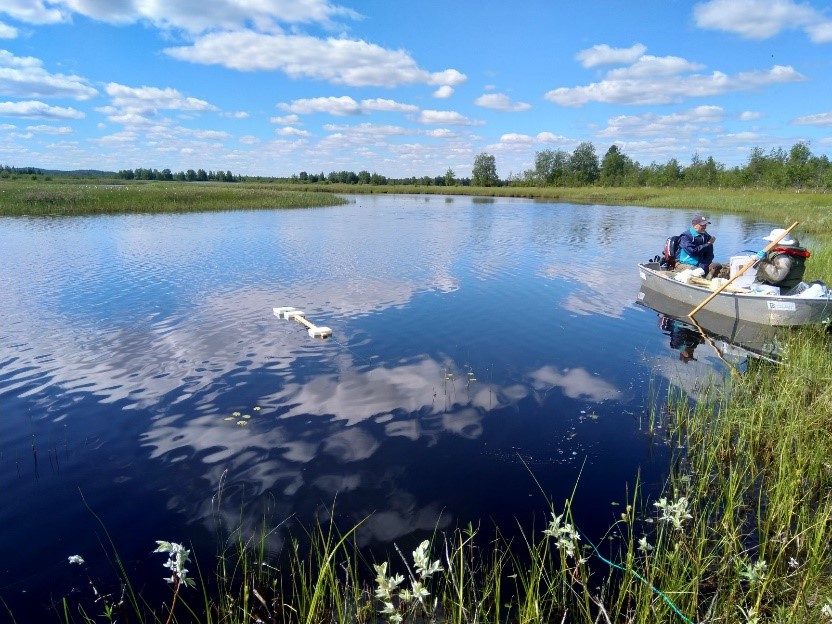
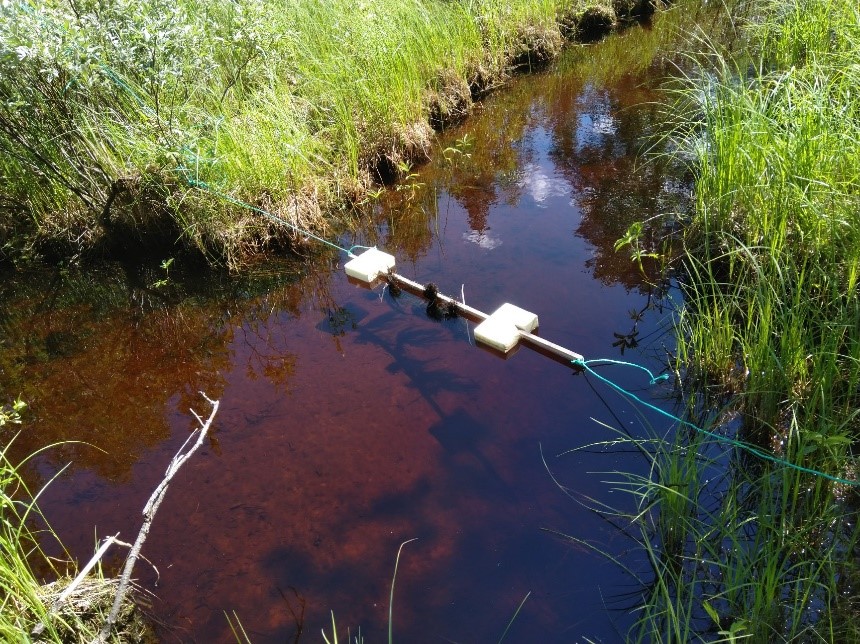
Bringing heavy metal collectors to the river and taking water samples is sometimes the best part of the work.
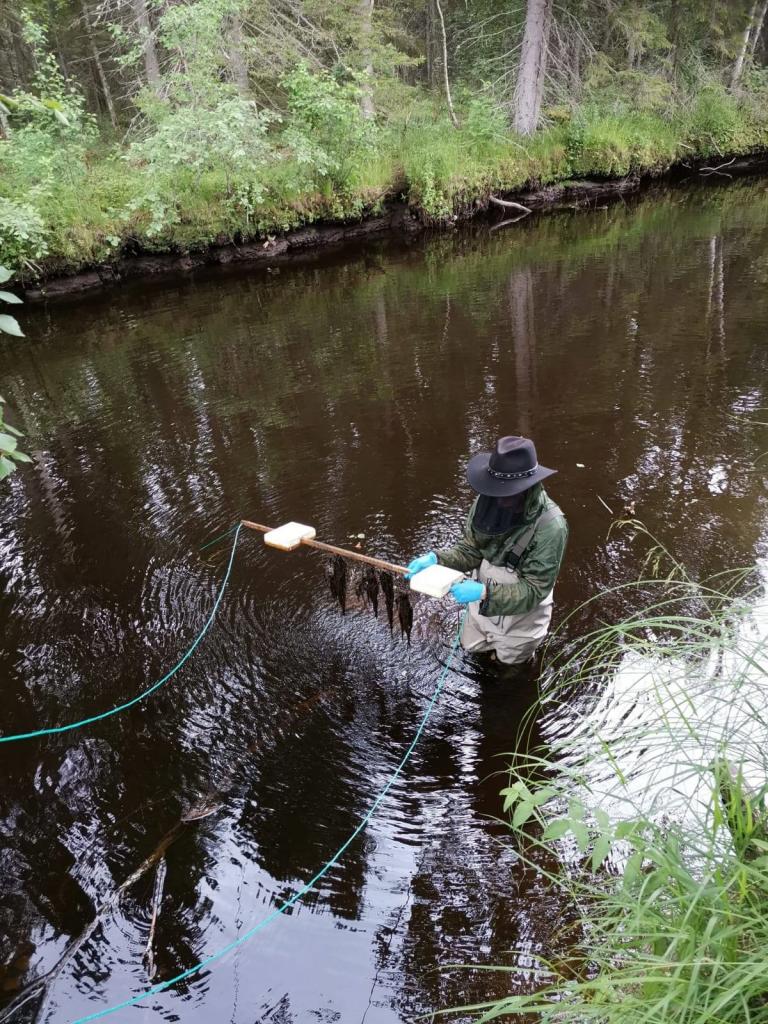
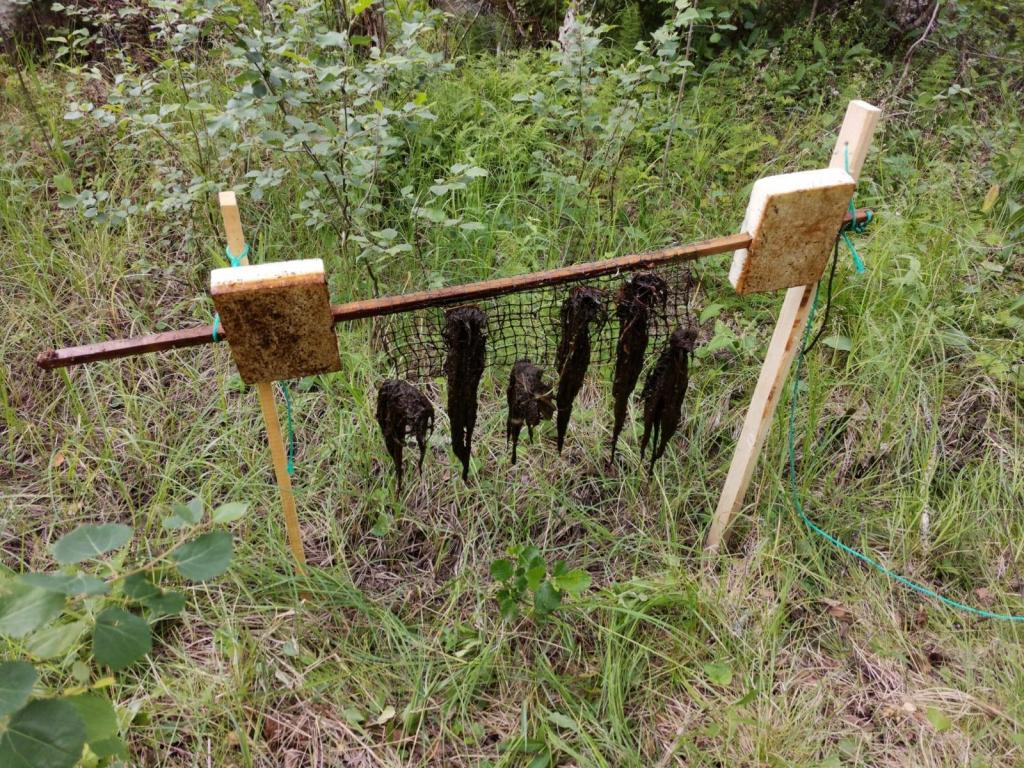
And after two weeks collectors are ready to be taken of from the river and mosses will be analysed in the laboratory.
Source: SYKE